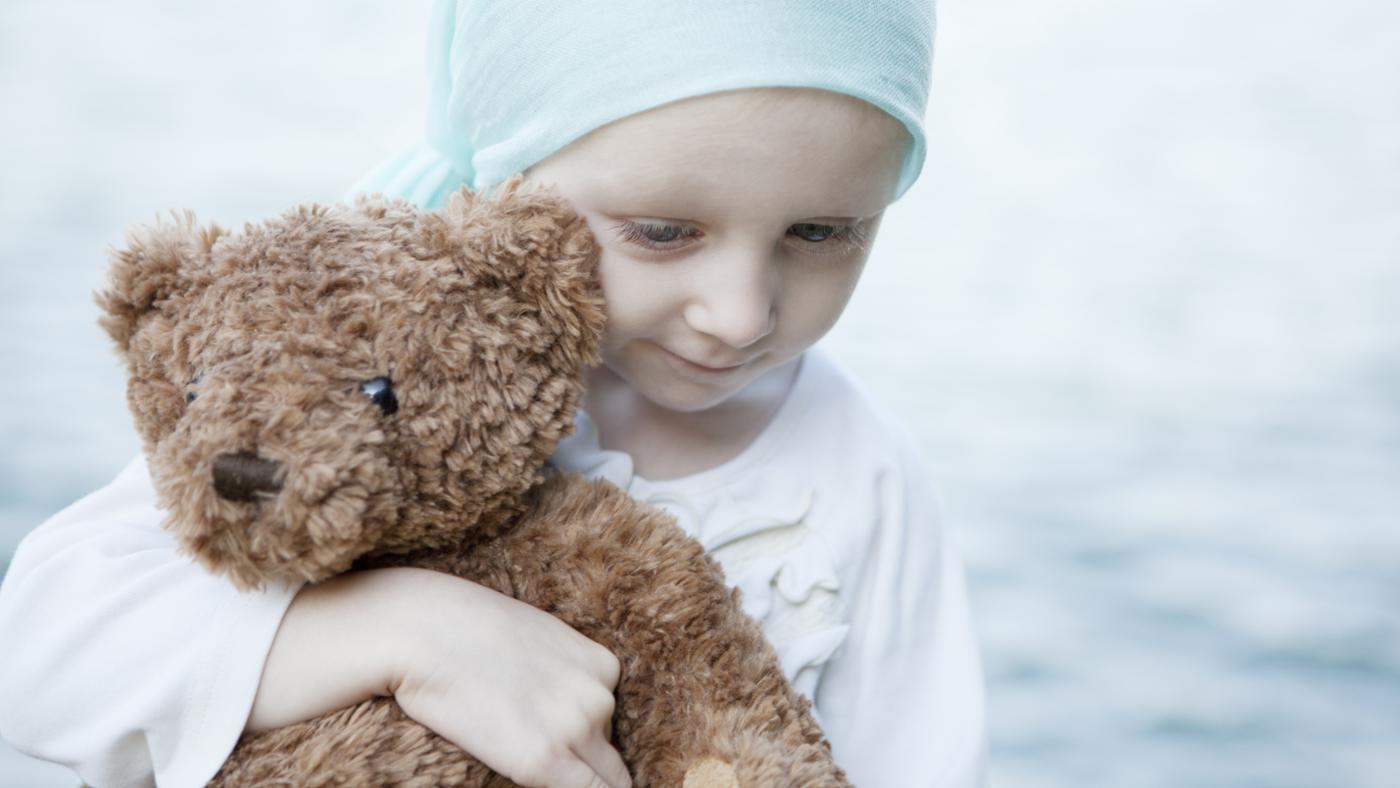
Leukaemia is a type of aggressive cancer that attacks the blood, symptomised by the abnormal rise of number of white blood cells. This is why leukaemia is often called the cancer of white blood cells. People suffering from leukaemia are prone to anaemia, bruise, bleeding, and infection.
In general, leukaemia is classified into two: acute and chronic. Further classification is made based on the type of white blood cells involved.
Early Symptoms of Leukaemia
In early stages of leukaemia, there are no specific symptoms. Here are some conditions that may be caused by leukaemia:
- Anaemia and its symptoms: fatigue, pale lips, and conjunctival pallor.
- Proneness to bruise and bleeding. This includes bleeding gums or nose; and red-coloured urine or faeces.
- Susceptible to infection, such as sore throat and bronchial pneumonia, which can cause headache, mild fever, mouth ulcers, and skin rashes.
- Swollen lymph nodes around neck, armpits, and groin area.
- Loss of appetite and rapid weight loss.
- Discomfort around lower left ribs area (caused by swollen spleen).
- Increased number of white blood cells, which may lead to retinal bleeding, ringing ears (tinnitus), prolonged erection (priapismus), stroke, change in mental health, and seizure.
Cause and Treatment of Leukaemia
Up until now, there is no clear aetiology of leukaemia. Risk factors include genetic defect, pollution, radiation, and smoking. Meanwhile, the treatment is chemotherapy and bone marrow transplant. In general, the treatment aims to destroy leukaemic cells and to stimulate the bone marrow to produce normal, healthy blood cells. The method is picked based on the type and severity of leukaemia, also age and overall health of patient. The type of leukaemia (lymphocytic or myeloid, acute or chronic) can be discovered through microscopic examination of bone marrow.
Management of Leukaemia
Similar to the management of other types of cancer, the management of leukaemia also involves change of lifestyle. One must eat healthier with less meat, get enough sleep, and exercise regularly. It’s also important to note that treatment with chemotherapy often results in nausea and dehydration (feeling of thirst, dry mouth, headache). This can be remedied with consuming ginger (ginger candy or tea). If there was any sign of diarrhoea, consult to the doctor immediately.
There also other effects of leukaemia that can be reduced with home remedy and family support, such as sleep difficulty, tiredness, pain, hair fall, and stress. Group sessions with fellow cancer patients or survivors would also be beneficial. Being positive and stress-free are essential in improving the overall quality of life.
Text by Denistya Sagita
Stock photos from Reference
Source(s):